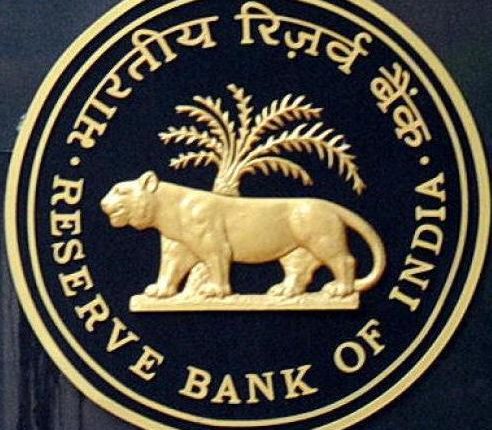Fintech comapnies have registered unforeseeable growth ever since the pandemic struck, and India is increasingly becoming a cashless society. This has been an area of concern for the country, which is still setting up the rules for this budding new sector. Thus, the Reserve Bank of India (RBI) has announced new guidelines on recurring payments as a means to boost the safety and security of card transactions in the world’s second-largest internet market.
That’s right, effective from today, the latest directive of the RBI will require all require banks, financial institutions, and payment gateways to obtain additional approval for auto-renewables transactions worth ₹5,000 from users, and will need to send an OTP to users in such cases. This can be done by conducting notifications, e-mandates, and Additional Factors of Authentication (AFA). There would not be any automatic recurring payment when you are paying your electricity bill or recharging your phone.
Several banks such as HDFC Bank Axis Bank, ICICI Bank, and Standard Chartered Bank, as well as giants like Apple, Sony, and Google, have already informed their customers of the latest directive. According to the RBI, AFA has made digital payments in India safe and secure and the primary objective of the framework was to protect customers from fraudulent transactions and enhance customer convenience.
The new guidelines also mandate that customers should go through a one-time registration process, and future transactions can be performed without the additional factor authentication. They can also opt-out of a particular transaction or mandate via the link provided in the pre-debit notification.
Back in 2019, the RBI had said that this framework will serve as “a risk mitigant and customer facilitation measure,” adding that the issuer processing such transactions “shall send a pre-transaction notification to the customer, at least 24 hours prior to the actual charge by SMS or email, as per the customer’s preferences.” This directive was to be effective from April 2021, but was postponed after banks and other institutions voiced their disapprovals and that they were not fully prepared to comply.
This may also lead to declined transactions as Apple informed developers that transactions that do not meet the requirements set by the directive will be declined by bank or card issuers. Sony had similar views, as it informed in emails to PlayStation Plus subscribers on Thursday, saying that customers might see their credit and/or debit card payments for PlayStation Plus fail when they are trying to pay for a subscription on PlayStation Store. This is applicable to both new subscription purchases and payment of recurring subscription fees.





